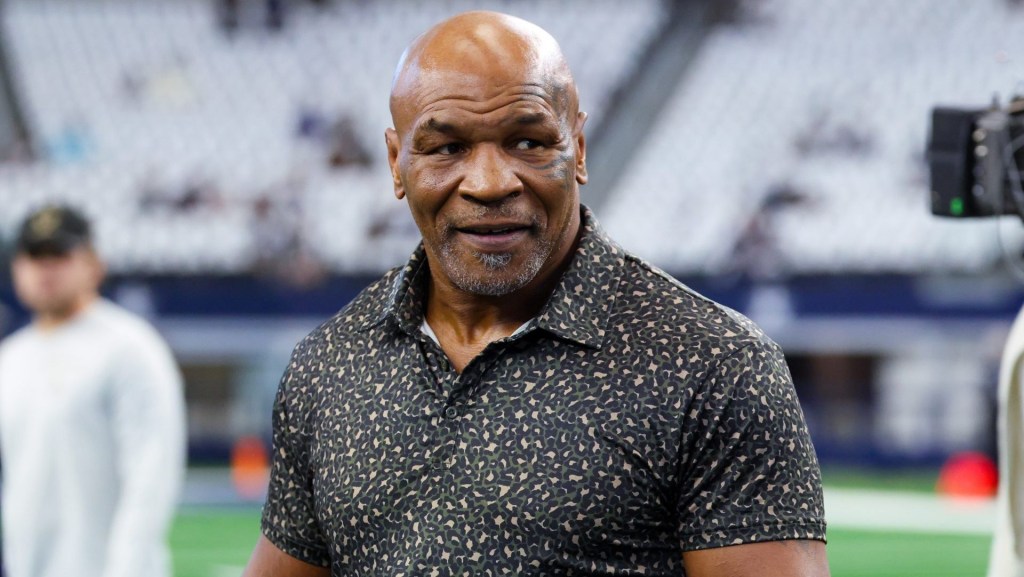The Boston Bruins are taking steps to ensure their vetting process for players with problematic pasts improves.
On Tuesday, the Bruins announced that they are retaining former U.S. Attorney General Loretta Lynch of law firm Paul, Weiss, Rifkind, Wharton & Garrison to conduct an independent review of the team’s player-vetting process.
“We recently fell short of our high standards and disappointed both ourselves and many in our community,” the Bruins wrote in a statement. “Moving forward, we are committed to ensuring that our values are reflected in everything we do as an organization, including our process for vetting future players.”
The move is a response to the team’s decision to sign 20-year-old defenseman Mitchell Miller on Nov. 4 to an entry-level contract with the intention of sending him to AHL Providence.
In 2016, Miller and a classmate were convicted in juvenile court of assaulting and repeatedly bullying Isaiah Meyer-Crothers, an African American student with developmental disabilities. The pair used racial slurs against Meyer-Crothers and deceived him into eating a piece of candy that had been wiped in a urinal.
While Miller claims he has been working on himself and attempting to rectify the situation, he reportedly has not completely made amends with the Meyer-Crothers family.
The Bruins did not reach out to the family when debating signing Miller — something that team president Cam Neely deeply regrets.
“I take a lot of pride in the Bruins organization and what we stand for, and we failed there,” Neely said. “I want to apologize to Isaiah and his family. It’s something that they shouldn’t continue to go through.”
The team cut ties with Miller on Nov. 6 after intense backlash from players, media, and fans.
The Arizona Coyotes selected Miller in the fourth round of the 2020 NHL Entry Draft, but renounced their rights to him when details of his transgressions were made public.
Miller is technically still under contract with Boston. The team can either pay him to sit out the season and buy him out for a third of his salary at the end — or it can work with the NHLPA on a settlement to release him.


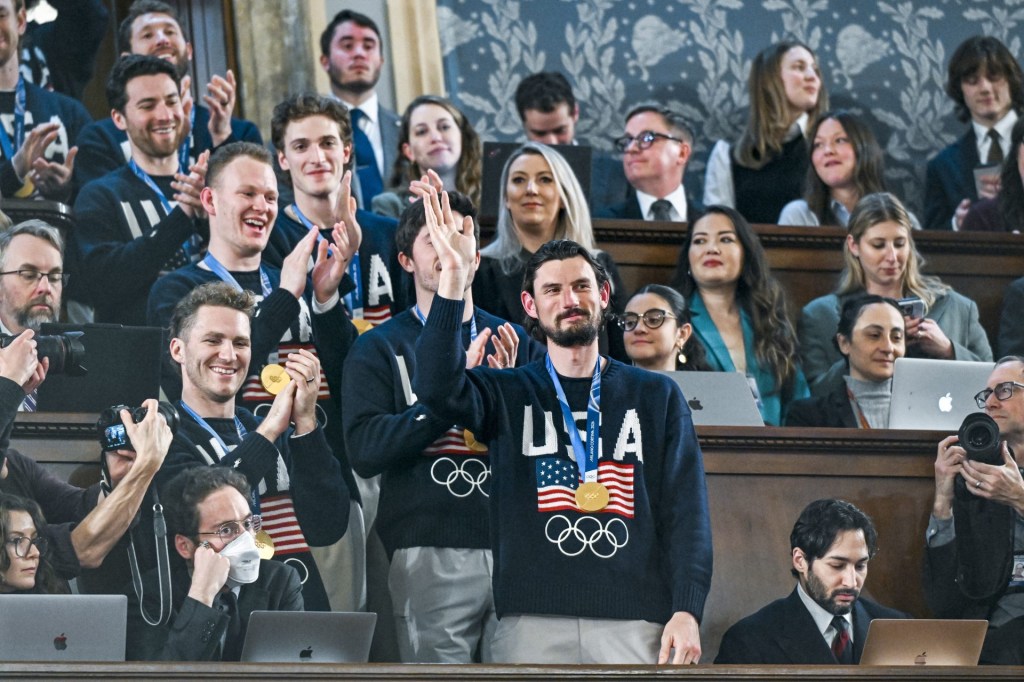
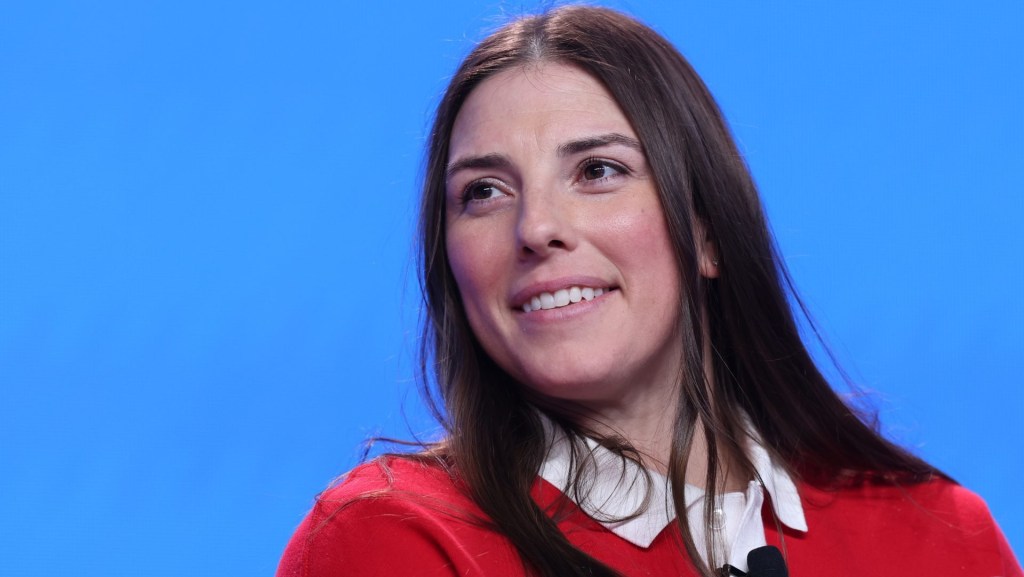
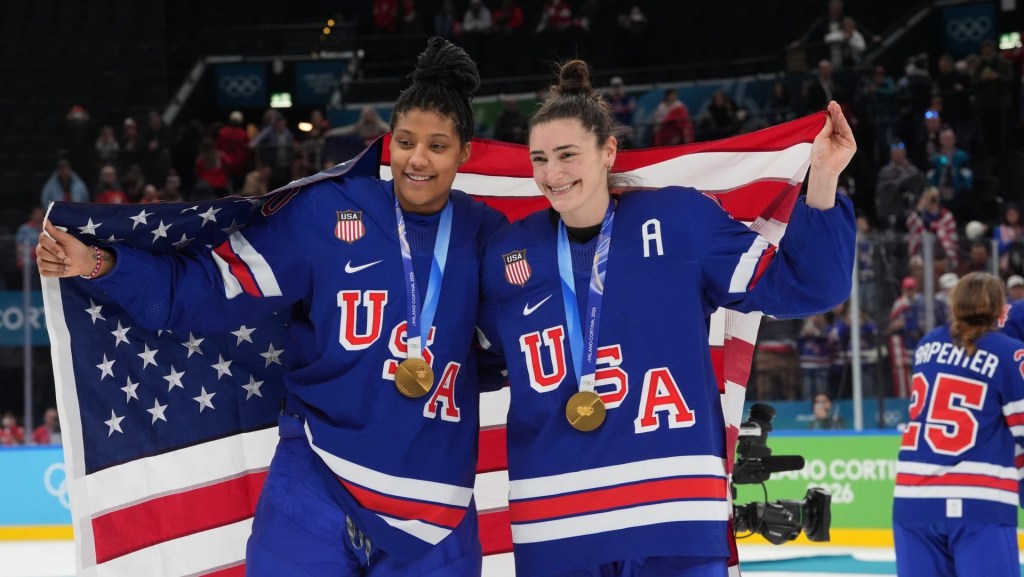
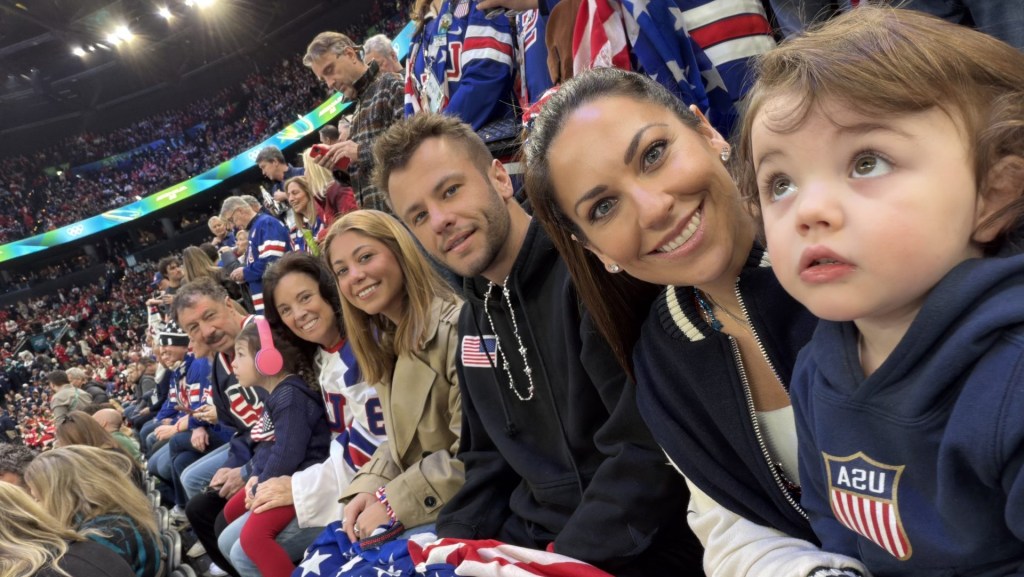
![[Subscription Customers Only] Jun 15, 2025; Seattle, Washington, USA; Botafogo owner John Textor inside the stadium before the match during a group stage match of the 2025 FIFA Club World Cup at Lumen Field.](https://frontofficesports.com/wp-content/uploads/2026/02/USATSI_26465842_168416386_lowres-scaled.jpg?quality=100&w=1024)
![[Subscription Customers Only] Jul 13, 2025; East Rutherford, New Jersey, USA; Chelsea FC midfielder Cole Palmer (10) celebrates winning the final of the 2025 FIFA Club World Cup at MetLife Stadium](https://frontofficesports.com/wp-content/uploads/2026/02/USATSI_26636703-scaled-e1770932227605.jpg?quality=100&w=1024)


